More Than Just a Color: The Black Student Alliance Speaks Out
November 13, 2019
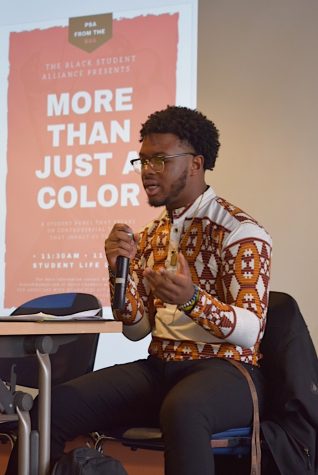
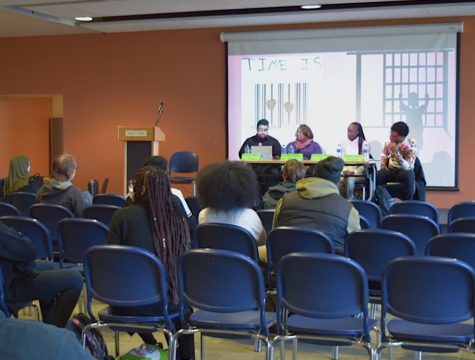
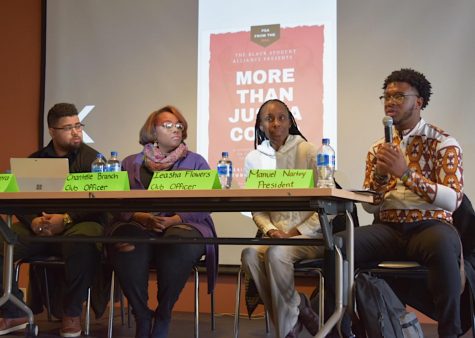 African-American men filling up American prisons despite being convicted of small crimes was just one of the problems members of the Black Student Alliance at the College of DuPage tried to tackle in a recent public forum. They discussed the relatively long sentences the African-American men are given compared to those of other races. Part of the answer to that, and many other issues impacting the African-American community, is having better access to mental health services and removing the stigma around self-care, panelists said.
African-American men filling up American prisons despite being convicted of small crimes was just one of the problems members of the Black Student Alliance at the College of DuPage tried to tackle in a recent public forum. They discussed the relatively long sentences the African-American men are given compared to those of other races. Part of the answer to that, and many other issues impacting the African-American community, is having better access to mental health services and removing the stigma around self-care, panelists said.
The panel, called “More than Just a Color,” provided the leaders and members of the alliance a chance to speak out on controversial topics often avoided in common discussion.
“Our justice system is broken and turned into an American business,” said Justin Rivera, vice president of the alliance. He said many of the African-American people who are in prison are also suffering with mental issues that need to be resolved. Some 70% of people in prison are suffering from addiction and mental illness, Rivera said, and in order to break the cycle of people getting put back in prison once they are released, BSA issued a public call to start helping the inmates with their illnesses while they are locked up so they will be more successful when they are released.
Oklahoma released 500 inmates who were non-violent and only committed low drug offenses. Not only is this a step toward justice, but it also saved Oklahoma $22,000 per inmate, the panel said. The alliance proposed putting that money into helping these struggling communities by adding mental health facilities and other health clinics. Rivera asked the audience to help by making educated votes on our leaders and ensuring that they will work to solve these problems.
Chantelle Branch, a BSA Officer, spoke out about domestic violence. She shared that she has been a victim of abuse throughout her life, and she wants to help others. One in 3 women are, or will be, victims of physical abuse by an intimate partner at some point in their lives, she said. Branch explained domestic violence is learned, often by children who are being abused by their parents. If those children don’t heal, they have more potential to become abusers when they get older.
The panel also pointed out that men are also victims of abuse, however, there is a stigma around it, especially in African American communities. “You got beat up by a girl” is a common phrase that invalidates men that are physically abused. The alliance urged fellow students to end the stigma and stand up for others, not only about physical abuse, but mental and emotional abuse as well.
“Walk with the person,” Branch said. “All you gotta do is listen. You don’t have to do anything. Ask them if you can help them.” Chantelle advised people to teach their kids about domestic abuse and teach them how to say “no” and stand up for yourself and others.
The last topic the panel discussed was self-care.
“Everyone in their lifetime has gone through something,” BSA Officer Ieasha Flowers said. “It’s very important to practice self-care.”
Some ways to care for yourself are writing, walking, meditating, drawing, exercise, or even just breathing. Flowers explained that although it is important to talk to others and try to help them, “You can’t give advice to someone when you haven’t even helped yourself.”
A major theme throughout the panel discussion was focusing on bettering yourself. The Black Student Alliance wants people to realize that everyone can help themselves and therefore help their community by changing the cycles. Once people help themselves, they can start to help make bigger changes in the world.
Manuel Nartey, the president of BSA, said African Americans are 20% more likely to have mental health disorders in their lives, and also the least likely to seek help.
“Mental health is physical health,” Nartey said. “If one part of us is off, all of us is off.”














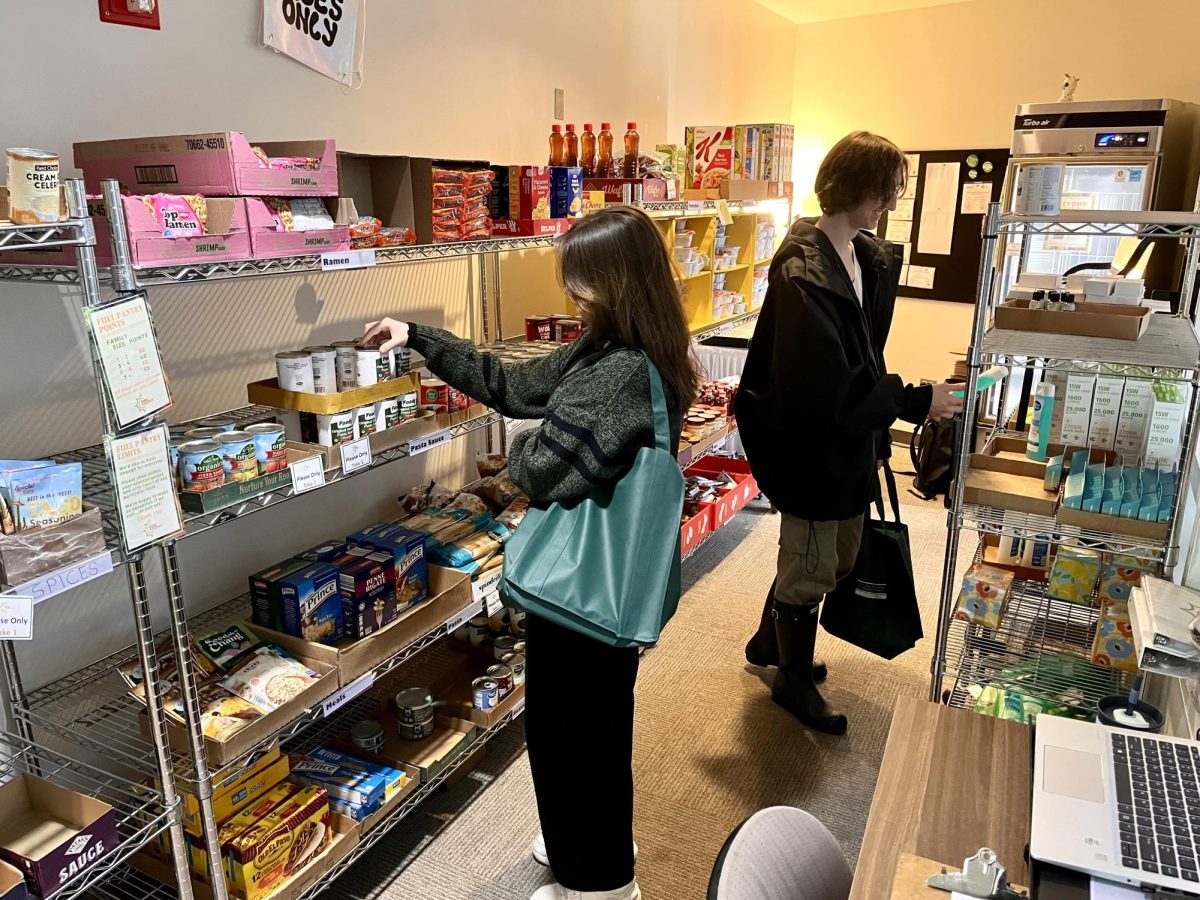
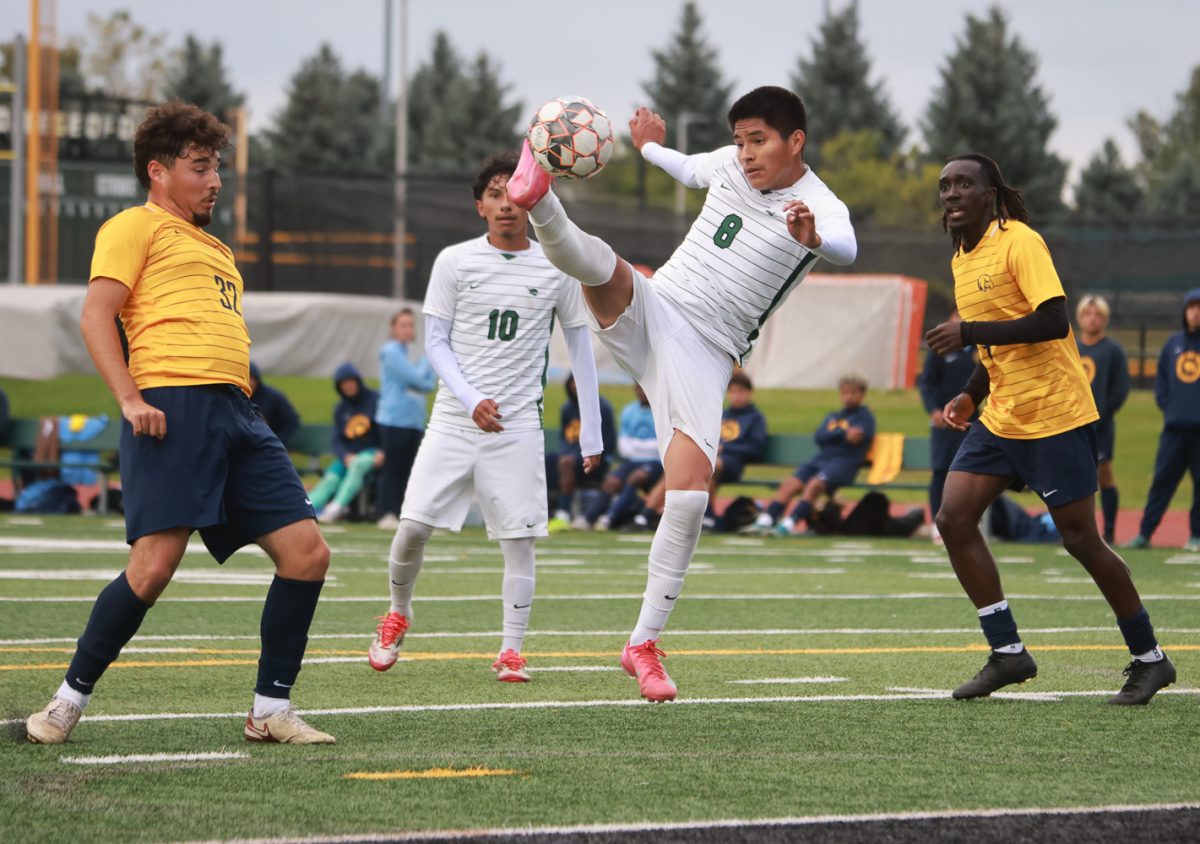




Harold A Maio • Nov 14, 2019 at 2:13 pm
The battle…
The battle is not with the stigma surrounding mental health issues, but with the people instructing us to say there is a stigma.